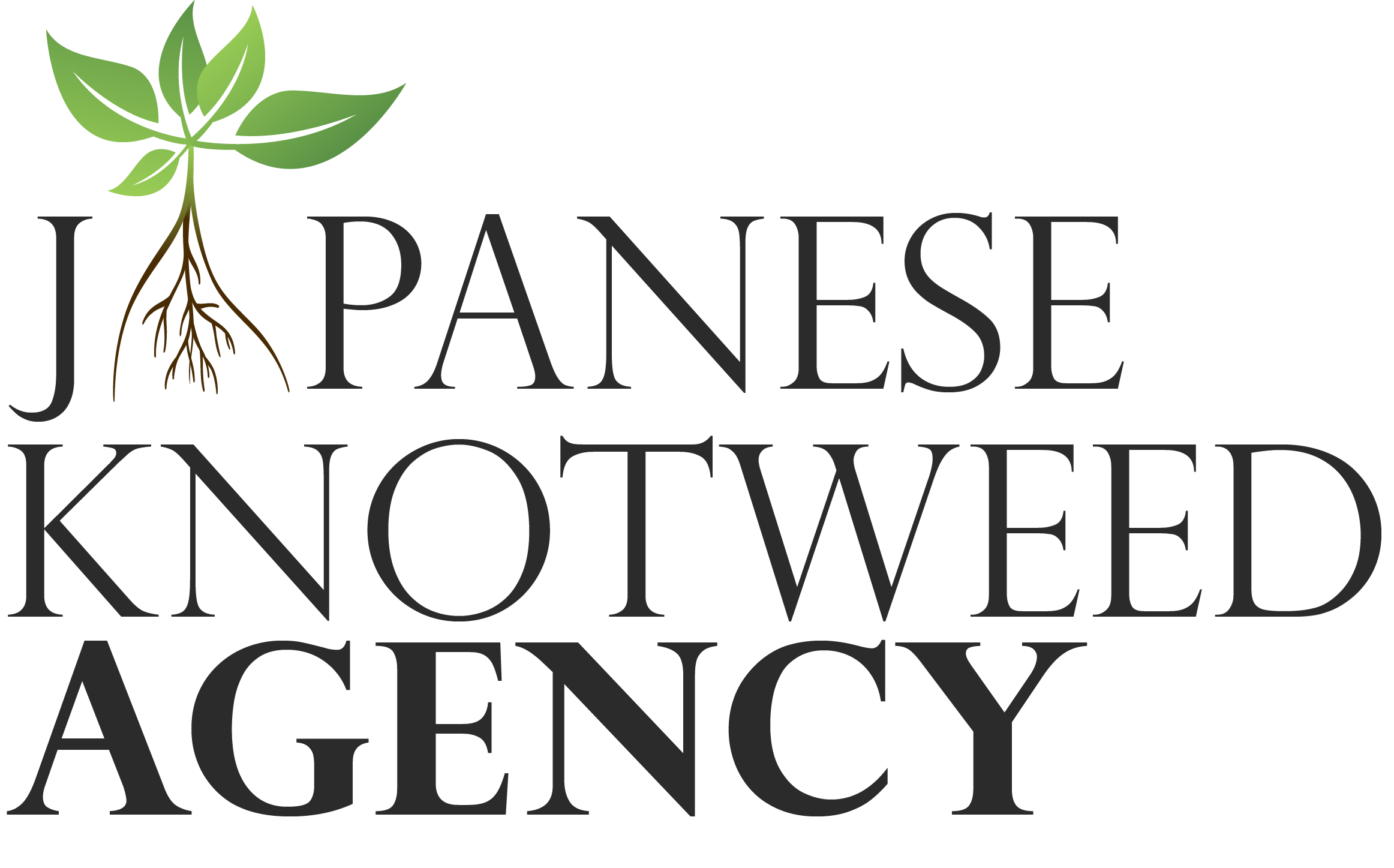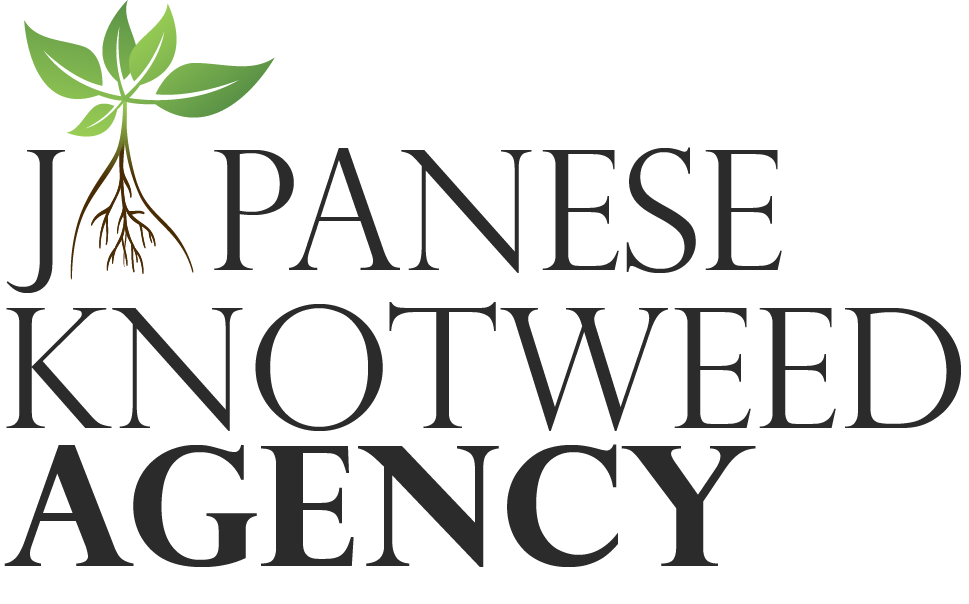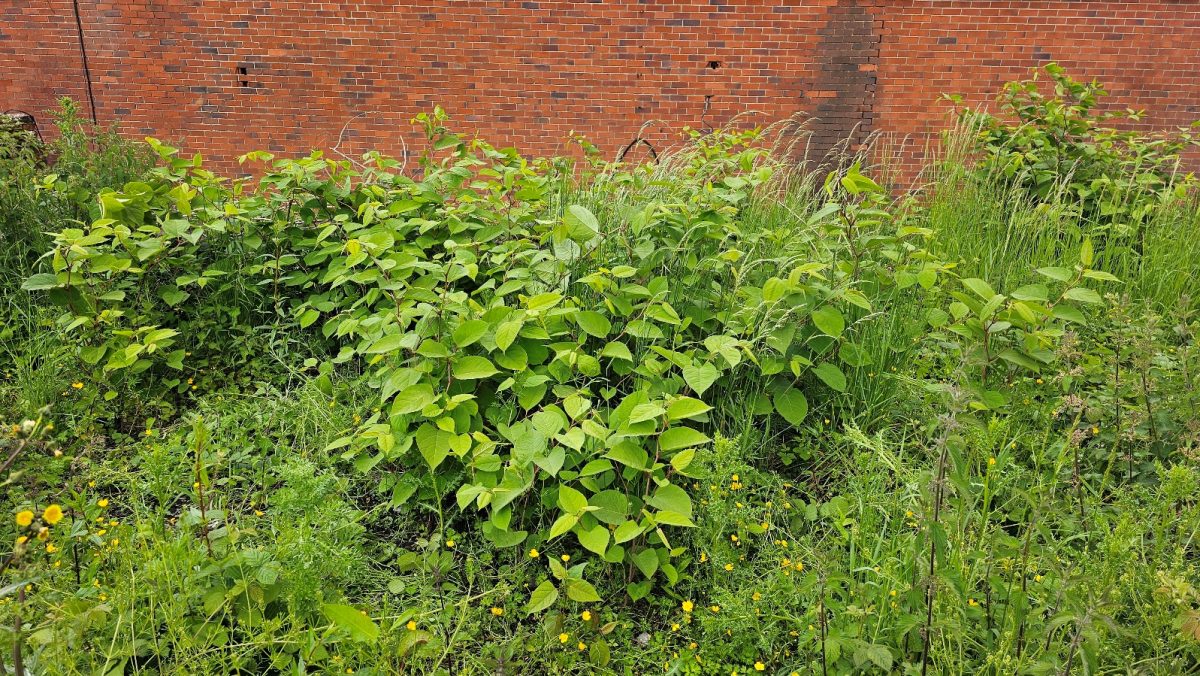Introduction
Japanese Knotweed (Fallopia japonica) remains one of the UK’s most invasive and persistent plant species. As we move into 2025, the challenges surrounding its identification, control, and legal implications continue to evolve. With increasing awareness, advancements in treatment methods, and changing regulations, it is crucial for homeowners, businesses, and local authorities to stay informed. This blog explores the current state of Japanese Knotweed in 2025, highlighting the latest trends, control strategies, and legislative updates.
The State of Japanese Knotweed in 2025
Over the past decade, the impact of Japanese Knotweed has become more widely recognised. In 2025, we are seeing an increase in reported cases, partly due to improved identification techniques and greater public awareness. Key factors influencing the prevalence and control of Knotweed include:
- Climate Change: Warmer temperatures and increased rainfall are contributing to the plant’s rapid spread, particularly in urban and suburban areas.
- Property Market Impact: Mortgage lenders remain cautious about properties affected by Knotweed, though improved treatment plans and legal frameworks have helped mitigate risks.
- Legal Developments: Updated legislation in 2025 provides clearer guidance on liability and enforcement for landowners who fail to manage Knotweed effectively.
Advancements in Knotweed Control & Removal
In 2025, new technologies and techniques are enhancing our ability to combat Japanese Knotweed more effectively. Some of the key advancements include:
- Biological Control Methods: Research into natural predators, such as the psyllid insect Aphalara itadori, has shown promising results in reducing Knotweed growth, but are they really safe to release into our environment in the UK?
- Improved Herbicide Formulations: New environmentally friendly herbicides are being developed to target Knotweed with greater efficiency while minimising ecological impact. None of these have proven effective for Japanese Knotweed.
- Enhanced Excavation & Disposal Techniques: Innovative methods, including in-situ remediation and controlled landfill solutions, are ensuring safer and more sustainable Knotweed management.
- Thermo-Electric Eradication Treatment: One of the most promising advancements in 2025 from Japanese Knotweed Agency is the use of thermo-electric technology to eradicate Japanese Knotweed. This method applies controlled electrical currents to the plant’s root system, typically between 3000 and 5000 volts, effectively destroying it without the need for chemical herbicides. This eco-friendly approach is gaining traction due to its effectiveness and minimal environmental disruption.
Legal and Regulatory Changes
The legal landscape surrounding Japanese Knotweed has evolved significantly. Key legal considerations in 2025 include:
- Liability for Landowners: Property owners remain responsible for preventing Knotweed from spreading onto neighbouring land, with stricter penalties for non-compliance.
- New Guidelines for Developers: Updated regulations require developers to conduct thorough Knotweed surveys before commencing construction projects.
- Mortgage and Insurance Policies: Many lenders now require proof of professional Knotweed treatment plans before approving mortgages on affected properties.
The Role of the Japanese Knotweed Agency
As a specialist in Knotweed identification, control, and removal, the Japanese Knotweed Agency continues to lead the way in 2025 by providing:
- Expert surveys and risk assessments
- Comprehensive Knotweed management plans
- Legal guidance and support for property owners
- Ongoing research and innovation in Knotweed treatment, including thermo-electric eradication technology
Conclusion
Japanese Knotweed remains a significant issue in 2025, but advancements in treatment, increased legal clarity, and greater public awareness are helping to manage its impact. If you suspect Japanese Knotweed on your property, early intervention is key. The Japanese Knotweed Agency is here to assist with expert advice, effective treatment plans, and compliance support.
For more information or to book a survey, contact us today.
EMAIL US: contact@japaneseknotweedagency.co.uk
CALL US: Freephone 03335 777 888
EMAIL WEB FORM: https://japaneseknotweedagency.co.uk/contact-us/


